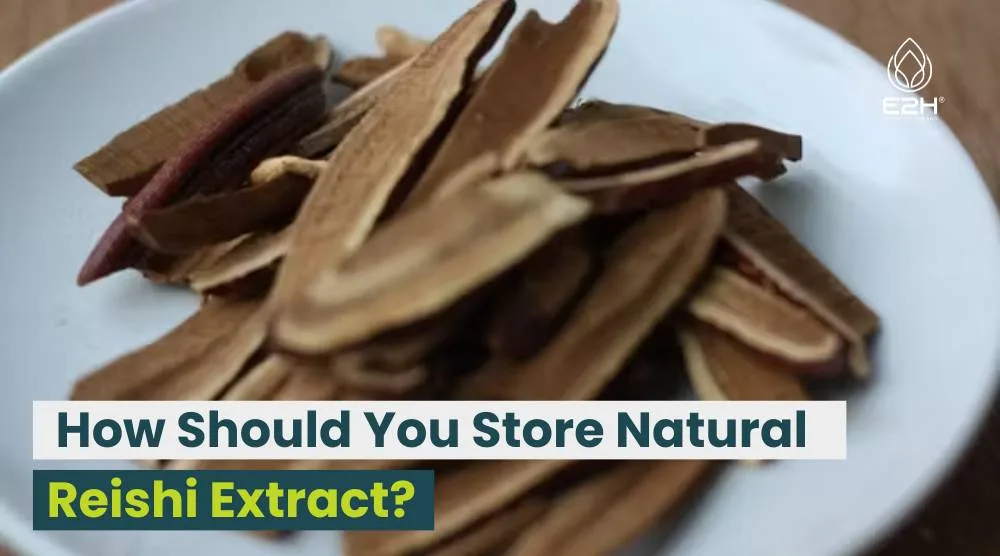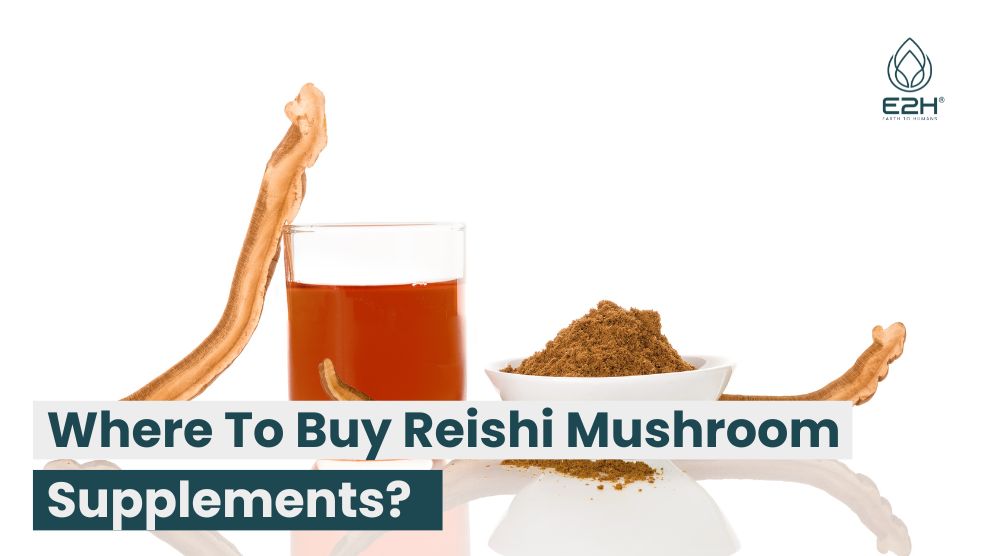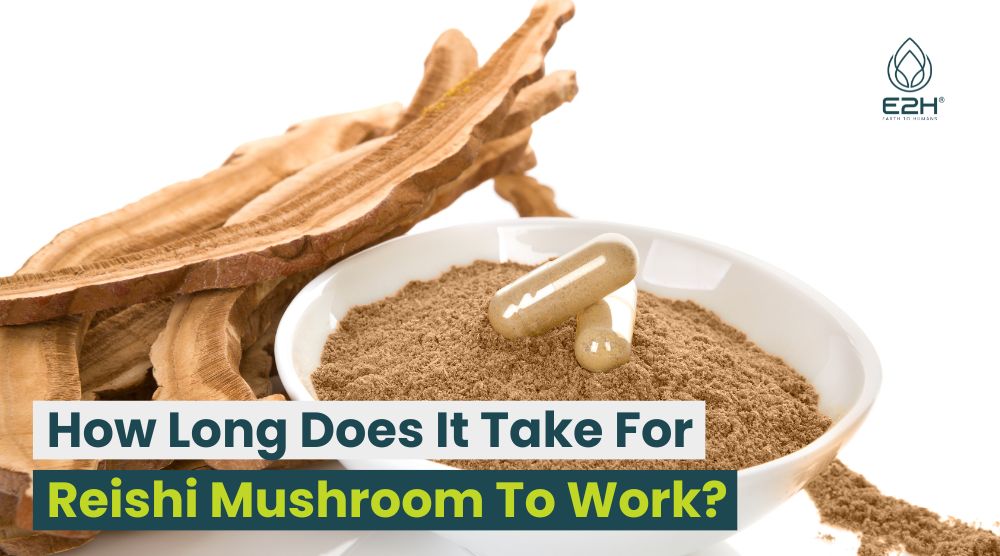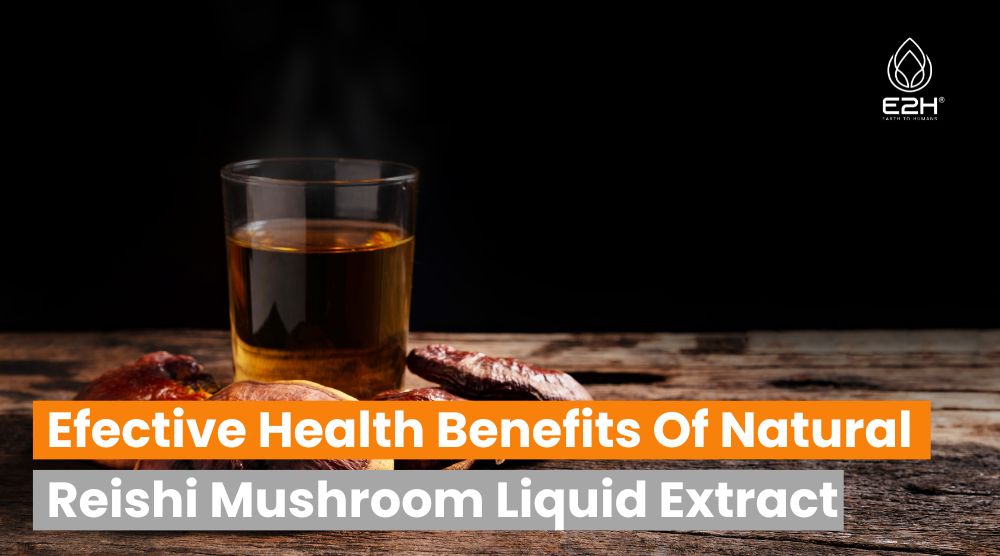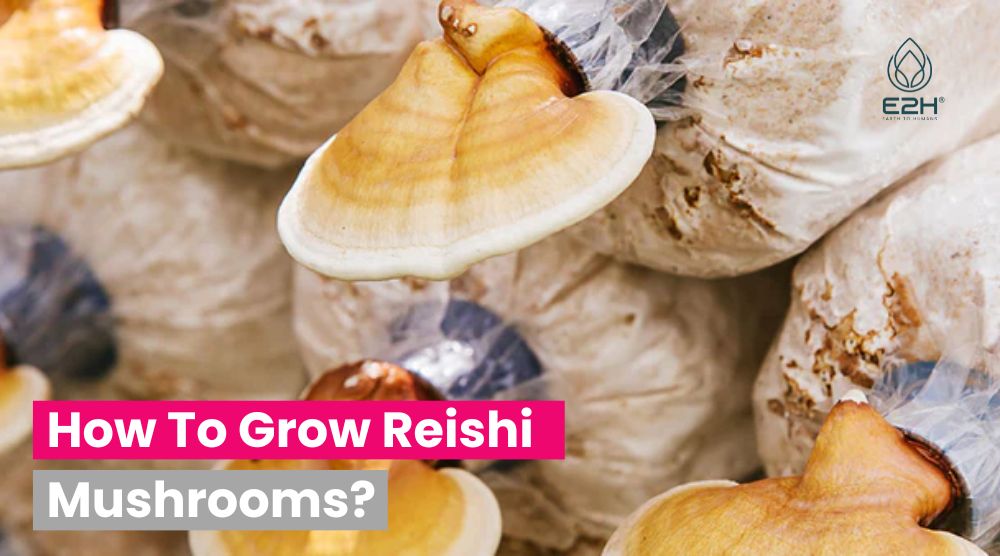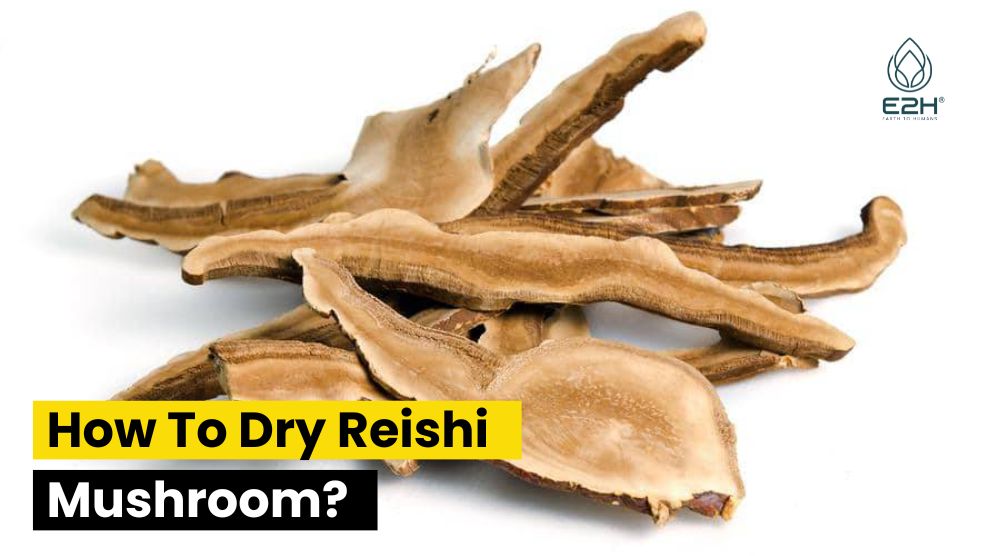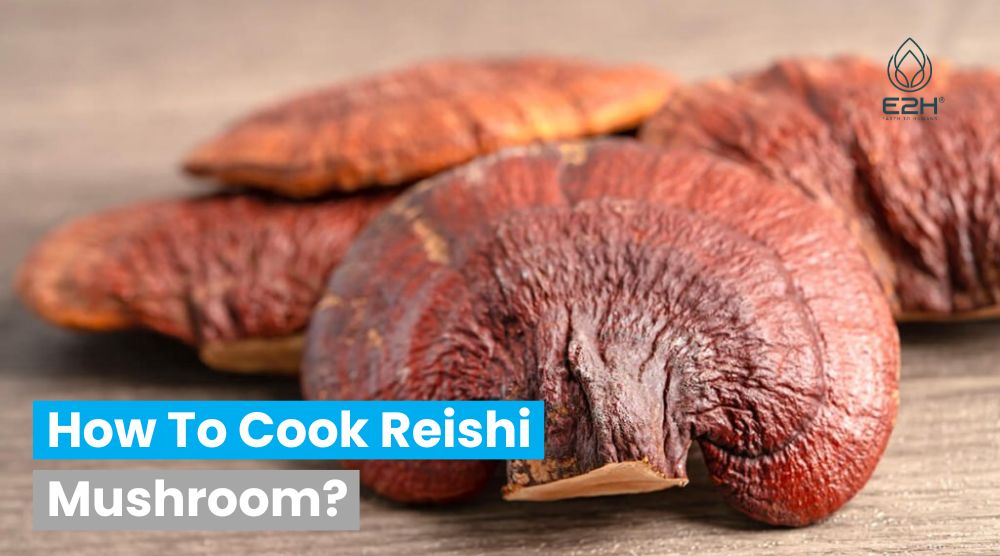Do Reishi Mushrooms Make You High: No, Reishi mushrooms do not make you high. They are non-psychoactive and have been used in traditional medicine for centuries.
To understand their benefits and uses, let’s explore the fascinating world of Reishi mushrooms and how they can positively impact clinical aspects of your life and well-being.
Does Taking Reishi Mushroom Induce A High Feeling?
No, taking Reishi mushrooms does not induce a high feeling. Reishi, scientifically known as Ganoderma lucidum, is valued for its non-psychoactive properties. Unlike certain mushrooms containing psychoactive compounds, Reishi primarily offers health benefits such as, immune system support and stress reduction.

Its consumption is associated with a sense of calm and overall well-being, without the altered states of consciousness typical of substances that induce a high. Understanding the distinct nature of Reishi reinforces its role as a medicinal mushroom focused on promoting wellness rather than psychoactive experiences.
Do Reishi Mushrooms Contain Psychoactive Compounds That Alter Consciousness?
No, Reishi mushrooms do not contain psychoactive compounds that alter brain health or consciousness. Unlike certain mushrooms with psilocybin, Reishi mushrooms primarily consist of beta-glucans, triterpenes, and other non-psychoactive compounds. They are traditionally used for immune support and overall health without affecting mental state or consciousness.
How Does The Potential For A High From Reishi Compare To Other Mushrooms?
The potential for a high from Reishi mushrooms is notably different from other mushrooms. Reishi, scientifically known as Ganoderma lucidum, is prized for its calming and adaptogenic properties, promoting overall well-being without inducing a traditional high.
In contrast, psychedelic mushrooms like Psilocybe cubensis contain psychoactive compounds, such as psilocybin, leading to altered perceptions and experiences. Reishi primarily enhances immune and cognitive function, and reduces stress, making it distinct in its non-psychoactive effects.
Understanding the diverse properties of mushrooms underscores the importance of selecting the right species based on desired outcomes, whether seeking therapeutic benefits or psychedelic experiences.
Are Certain Reishi Mushroom Products Or Preparations Psychoactive?
Certain Reishi mushroom products or preparations are not psychoactive. Reishi, Ganoderma lucidum, is renowned for its medicinal properties rather than inducing a psychoactive high. Products derived from Reishi, such as extracts, teas, or capsules, focus on delivering health benefits, including immune support and stress reduction, without causing altered states of consciousness. It’s crucial to distinguish Reishi from psychoactive mushrooms, as their effects and purposes differ significantly.
Does Reishi Dosage Affect The Likelihood Of Experiencing A High?
No, Reishi dosage does not affect the likelihood of experiencing a high. Reishi mushrooms, scientifically known as Ganoderma lucidum, are renowned for their non-psychoactive properties. Whether consumed in small or large amounts, Reishi primarily offers health benefits such as immune support and stress reduction, without inducing altered states of consciousness.
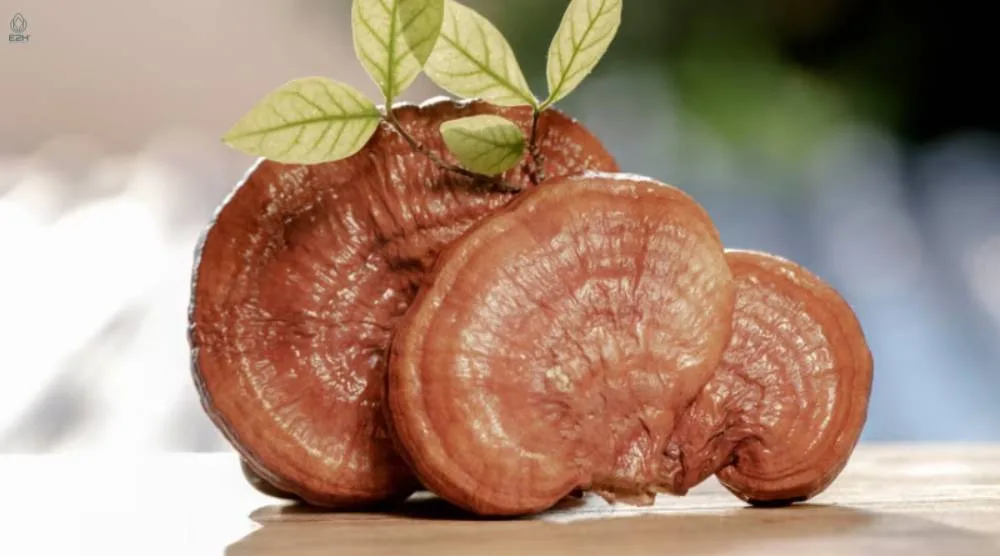
Unlike certain mushrooms containing psychoactive compounds, the dosage of Reishi is not linked to the potential for a high. Users seeking the therapeutic effects of Reishi can adhere to recommended dosage guidelines without concerns about psychotropic experiences. Understanding the distinct nature of Reishi helps users make informed decisions about its consumption.
Have There Been Cases Of Intoxication From Consuming Reishi Mushrooms?
There have been no reported cases of intoxication from consuming Reishi mushrooms. Unlike certain mushrooms with psychoactive compounds, Reishi does not contain substances that lead to intoxication or hallucinogenic effects. Reishi has a long history of safe use in traditional medicine, and adverse reactions are rare.
However, it is essential to source Reishi products from reputable sources and follow recommended dosage guidelines to ensure a positive and safe experience. Understanding the nature of Reishi powder and its effects helps users make informed choices regarding its consumption.
What Are The Risks And Side Effects Of Perceived Psychoactive Effects From Reishi?
The perceived psychoactive effects from Reishi are minimal, and there are generally no significant risks or side effects associated with the consumption of Reishi mushrooms. Reishi, scientifically known as Ganoderma lucidum, a psychedelic mushroom is traditionally recognized for its safety in traditional medicine practices.
However, individual responses may vary, and some users might experience mild effects such as digestive discomfort or allergic reactions. It’s crucial to source Reishi products from reputable sources and follow recommended dosage guidelines to minimize any potential side effects.
Does The Preparation Method Impact The Likelihood Of A “High” With Reishi?
The preparation method of Reishi does not impact the likelihood of a “high.” Regardless of whether Reishi is consumed as an extract, tea, capsule, or in another form, the non-psychoactive nature of Reishi remains consistent. The preparation method primarily influences the bioavailability of active compounds responsible for the health benefits, but it does not alter the psychoactive properties of Reishi.
Users can choose a preparation method based on personal preferences and desired health outcomes without concerns about experiencing a high. Understanding these aspects ensures a safe and informed approach to Reishi consumption.
Are Medicinal Mushrooms More Likely To Cause A High?
Medicinal mushrooms, including Reishi, are not more likely than magic mushrooms to cause a high. Unlike hallucinogenic mushrooms that contain psychoactive compounds like psilocybin, medicinal mushrooms are valued for their health-promoting properties without inducing altered states of consciousness.
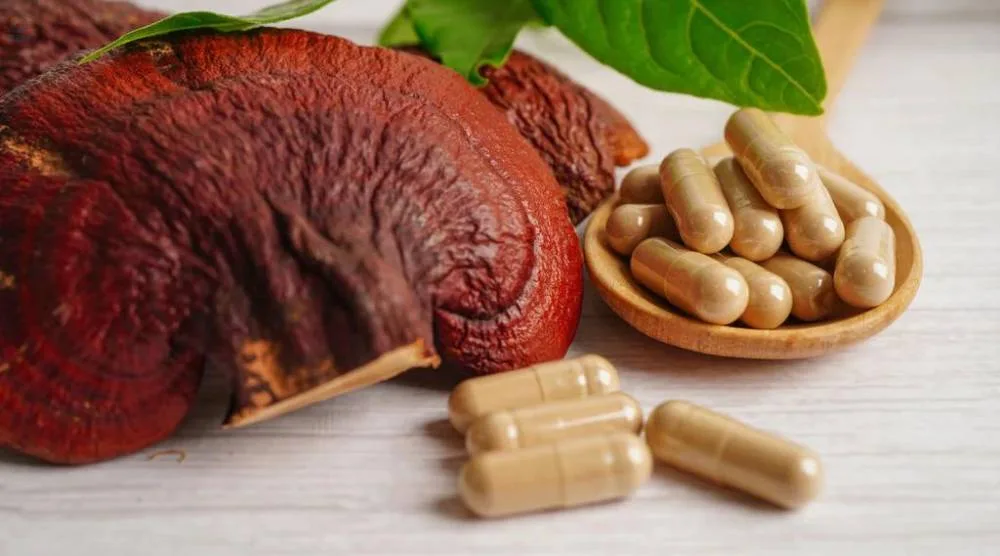
Reishi, scientifically known as Ganoderma lucidum, falls into the category of medicinal mushrooms, primarily offering immune support, stress reduction, and overall well-being, but it does not have hallucinogenic effects.
How Do Reishi Effects Differ From Hallucinogenic Mushrooms?
Reishi effects differ significantly from psychedelic effects of hallucinogenic mushrooms. While Reishi promotes health and balance in the body, hallucinogenic mushrooms, such as Psilocybe cubensis, contain psychoactive compounds that lead to perceptual changes and altered experiences.
The primary focus of scientific evidence for Reishi is on non-psychoactive therapeutic benefits, providing a clear distinction between these two categories of mushrooms. Understanding these differences is crucial for individuals seeking specific outcomes from mushroom consumption.
FAQs For ‘Do Reishi Mushrooms Make You High?’
Do Reishi mushrooms have psychoactive effects?
Reishi mushrooms do not have psychoactive effects; they are prized for health benefits, promoting well-being without inducing a high.
Can Reishi mushrooms make you feel intoxicated?
No, Reishi mushrooms do not cause intoxication. They lack psychoactive compounds found in some mushrooms, ensuring a safe and non-intoxicating experience.
What happens if you consume a high dose of Reishi?
Consuming a high dose of Reishi may intensify its therapeutic effects, but it does not lead to a psychoactive high. Adhere to recommended dosages.
Does the preparation method impact the likelihood of a “high” with Reishi?
No, the preparation method does not affect the likelihood of a high. Reishi’s non-psychoactive nature remains consistent across different forms.
Are there any mental or physical health risks or side effects associated with Reishi consumption?
While generally safe, some individuals may experience mild side effects. Sourcing drugs from reputable suppliers and following dosage guidelines minimizes potential risks.
Conclusion
Reishi mushrooms do not induce a high, focusing positive effects instead on promoting wellness. Their non-psychoactive nature ensures a safe and beneficial experience. As you consider incorporating Reishi into your routine, rest assured that its effects are centered on health support. Embrace the therapeutic potential of Reishi without concerns about experiencing a high, and discover the positive impact it can have on your overall well-being.


